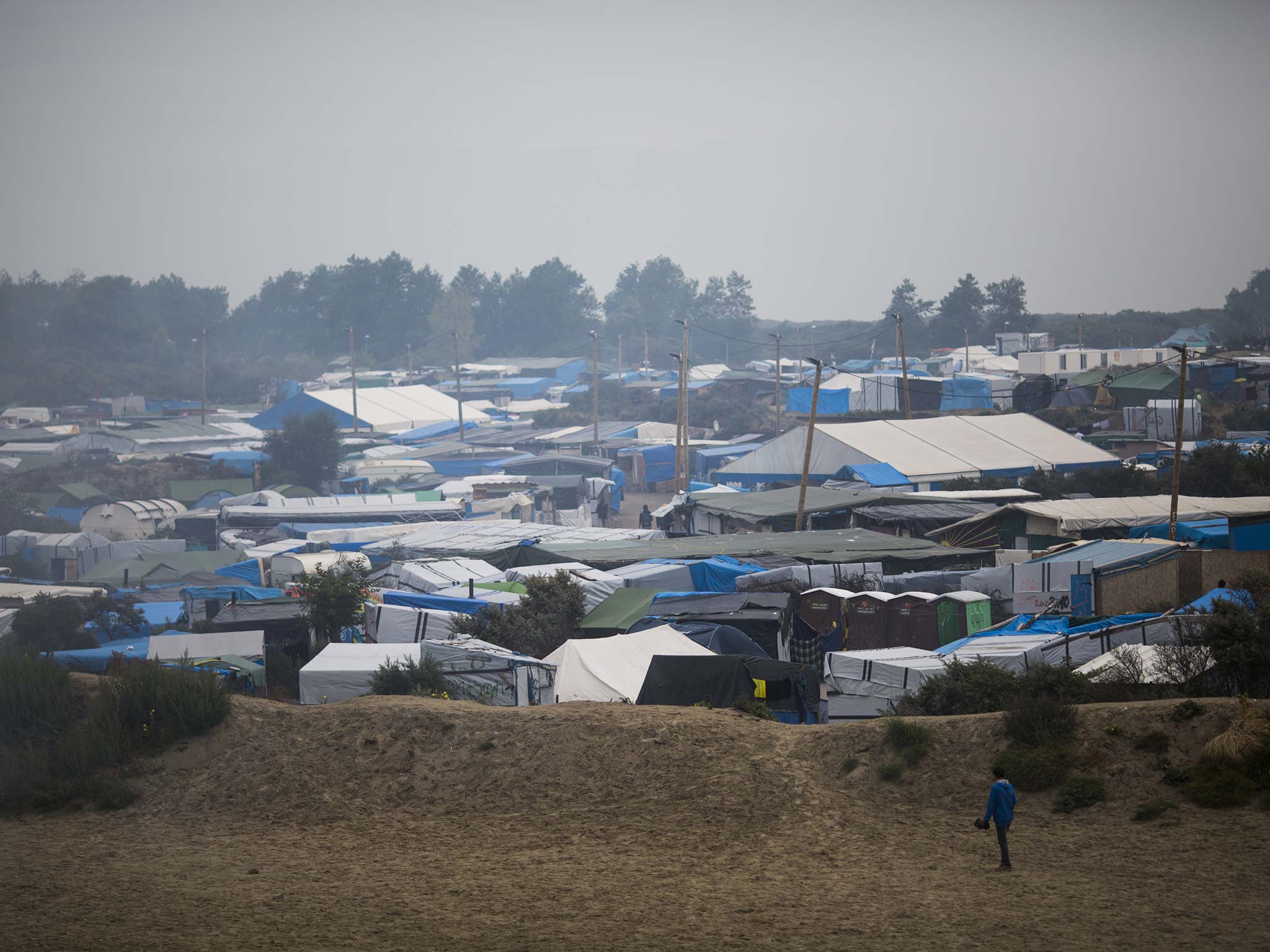Child migrant, 16, dies attempting to board lorry bound for UK in Calais
Exclusive: Sudanese boy fatally run over in logistics area used by UK-bound goods vehicles

Your support helps us to tell the story
From reproductive rights to climate change to Big Tech, The Independent is on the ground when the story is developing. Whether it's investigating the financials of Elon Musk's pro-Trump PAC or producing our latest documentary, 'The A Word', which shines a light on the American women fighting for reproductive rights, we know how important it is to parse out the facts from the messaging.
At such a critical moment in US history, we need reporters on the ground. Your donation allows us to keep sending journalists to speak to both sides of the story.
The Independent is trusted by Americans across the entire political spectrum. And unlike many other quality news outlets, we choose not to lock Americans out of our reporting and analysis with paywalls. We believe quality journalism should be available to everyone, paid for by those who can afford it.
Your support makes all the difference.A 16-year-old boy has died while trying to board a lorry bound for the UK in Calais, The Independent can reveal.
The Sudanese teenager is believed to have been attempting to journey across the English Channel.
Local reports suggest that at least three other migrants have died on roads in the Calais area, or at sea so far this year, which has seen record small boat crossings.
Last October, a Kurdish-Iranian family including at least two children drowned after their dinghy capsized.
The latest death came in the early hours of Tuesday morning, when the boy was run over by a lorry he was trying to climb.
It was parked in the Transmarck logistics area, before continuing its journey towards England.
Philippe Sabatier, Boulogne-sur-Mer's deputy public prosecutor, told The Independent the incident happened at around 5am local time (4am BST).
“CCTV footage from the parking area and the testimony of the security guard who witnessed the incident indicated that the driver did not notice the accident and did not stop,” he said.
The boy is to undergo a post-mortem that will establish the cause of death. The driver of the lorry is believed to be a Bulgarian national, and the investigation continues.
British officials have previously said that the number of attempted lorry crossings have fallen, due to reduced traffic during the coronavirus pandemic and increased security.
The change has contributed to a dramatic rise in the use of small boats to cross the English Channel.
Home Office figures suggest that more than 16,000 migrants have crossed the Channel in small boats so far this year, almost double the total for the whole of 2020.
Charities have called for ministers to significantly expand safe and legal routes to seek asylum in Britain in order to reduce the deadly crossings, and said current resettlement schemes are not sufficient.
The government has paid France millions of pounds to increase security along its northern coast and is backing new laws it says will tackle smuggling activity and save lives.
The UN Refugee Agency (UNHCR) has warned that proposals in the Nationality and Borders Bill breach international law and may not work.
The law, which is currently being considered by the House of Lords, would make it a criminal offence to enter Britain without “entry clearance”.
Asylum cannot be sought from outside the UK, and the change would mean refugees reaching the country on small boats and other irregular means face four years in prison.
The bill would also make it easier to prosecute asylum seekers who steer boats, and people who provide humanitarian assistance, for “assisting unlawful immigration”.
A government impact assessment said there was a risk that increased security and deterrence in the Chanel could encourage migrants to attempt riskier means of entering the UK, adding: “Deploying these measures does advance the legitimate aim of encouraging asylum seekers to claim in the first safe country they reach and not undertaking dangerous journeys facilitated by smugglers to get to the UK, though evidence supporting the effectiveness of this approach is limited.”


